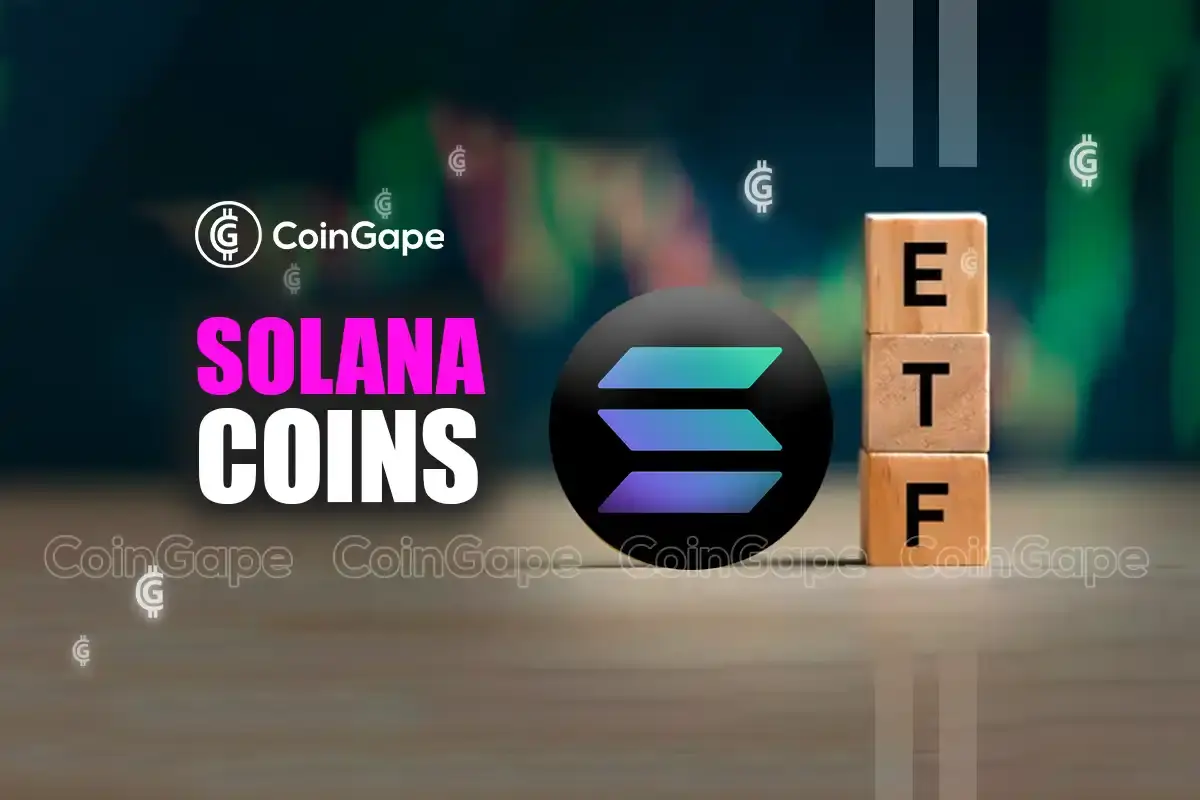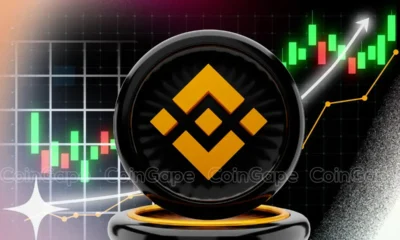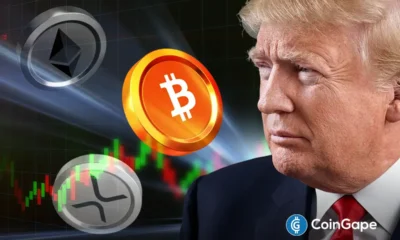Altcoin
Solana Outflows Hit All-Time High At $39M, SOL ETF In Jeopardy?

Solana (SOL) outflows surged to an all-time high of $39 million last week. This development comes amid broader market movements influenced by recent macroeconomic data. Moreover, it may exacerbate regulatory uncertainties surrounding the spot Solana ETF applications by VanEck and 21Shares.
Solana Outflows Surge Unprecedentedly
The gigantic Solana outflows have raised eyebrows across the crypto community. The $39 million negative flow marks the highest on record for SOL investment products, according to CoinShares. This outflow is attributed to a sharp decline in trading volumes of meme coins, a segment on which SOL heavily relies.
While Solana grappled with record outflows, other cryptocurrencies experienced varied fortunes. Overall, digital asset investment products saw minor inflows totaling $30 million last week. However, this modest figure conceals significant disparity among different assets and regions.
Bitcoin (BTC) emerged as the most significant beneficiary, attracting inflows totaling $42 million. This indicates sustained investor confidence in spot Bitcoin ETFs, BTC price. Conversely, short-Bitcoin ETPs saw outflows for the second consecutive week, amounting to $1 million. This suggests that investors are less inclined to bet against BTC’s performance in the current market climate.
Meanwhile, Ethereum (ETH) recorded inflows of $4.2 million amid Solana outflows. However, this figure masks a flurry of activity between providers. New entrants into the Ethereum ETF space saw substantial inflows of $104 million. However, asset manager Grayscale’s ETH products experienced significant outflows totaling $118 million.
SOL ETF Approval Faces Trouble
Amid the Solana outflows, the uncertainty surrounding SOL ETF prospects has added to the negative sentiment. Recently, VanEck and 21Shares’ SOL ETF filings were removed from the Chicago Board Options Exchange (Cboe) website. This move sparked concerns about the regulatory approval and future of these investment products.
It fueled speculation about the U.S. Securities and Exchange Commission’s (SEC) stance on these products. Earlier, both companies had filed S-1 forms for spot Solana ETFs in late June. This followed increased clarity on approvals for nine spot Ethereum ETFs by the SEC.
However, the SEC did not issue notices of filings for these SOL ETFs. Hence, leading industry experts debated on whether the 19b-4 filings were withdrawn or rejected. For context, the 19b-4 submission is a critical step in the ETF approval process.
The filing informs the SEC of a proposed rule change by a self-regulatory organization such as an exchange. After such filings, the SEC typically opens a 240-day window to make a decision.
Scott Johnsson, General Counsel at Van Buren Capital, offered a negative comment on the situation. He stated, “I’m assuming Gary [Gensler] notified Cboe that these SOL applications were improperly filed as Commodity-Based Trust Shares because he thinks SOL isn’t a commodity, which obviates the need for the SEC to provide a formal written disapproval order.”
Whilst, Nate Geraci, President of ETF Store, also confirmed the removal of the ETF filings. Furthermore, he expressed skepticism about the approval of SOL ETFs under the current regulatory environment. Also, the latest Solana outflows have led to heightened uncertainty as interest in SOL investment products diminish.
Earlier, Matthew Sigel, VanEck’s Head of Digital Assets Research, criticized U.S. regulators for lagging behind countries like Brazil, which have approved spot SOL ETF. He suggested that the U.S. needs a regulatory “soft fork” for Solana ETF approval.
Disclaimer: The presented content may include the personal opinion of the author and is subject to market condition. Do your market research before investing in cryptocurrencies. The author or the publication does not hold any responsibility for your personal financial loss.













✓ Share: